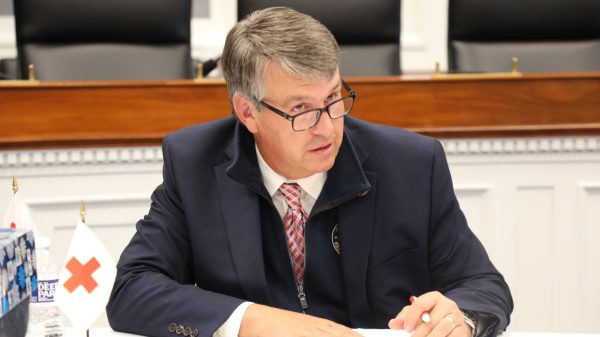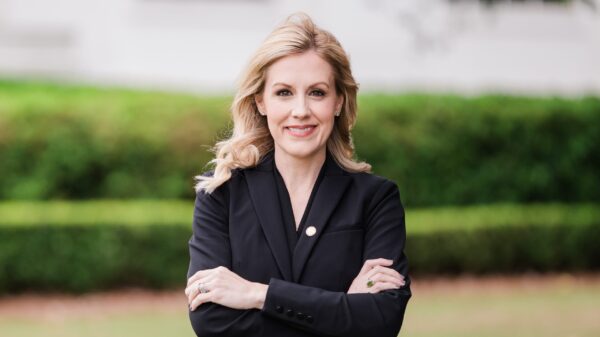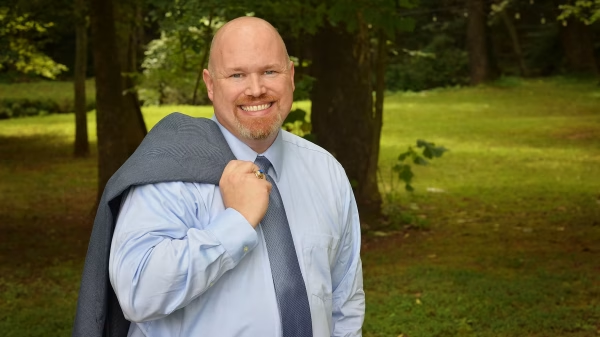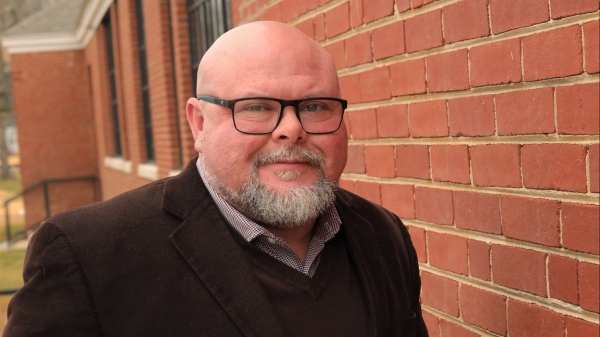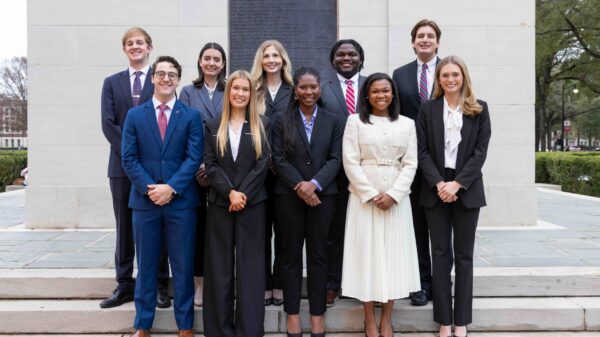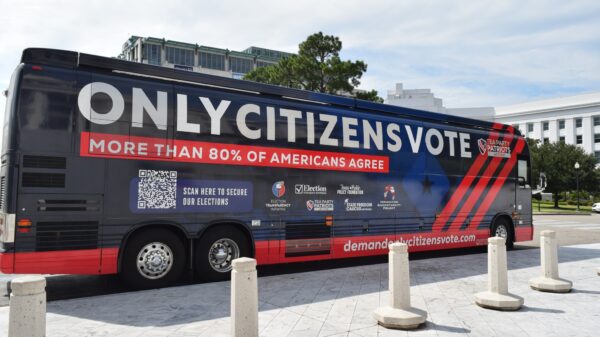Alabama is one of the latest states proposing the prohibition of private funds from being used to fund Alabama’s election processes.
Rep. Wes Allen, R-Troy, pre-filed a bill, HB41, last week that would prohibit state or local elections officials from soliciting, accepting or using any donations, grants or services from any private, non-governmental entity, for the purpose of election-related expenses including voter education, outreach or voter registration. The legislation would make any violation of the law a Class B misdemeanor.
“No private individual, regardless of their millionaire status, should have the right to influence the administration of our elections on election day through the sending of funds to county election officials or by paying for election staffers or equipment,” Allen said. “We saw, in the last election cycle, that Mark Zuckerberg attempted to disguise his funding of election officials and staffers on election day by running them through a non-profit and calling them grants. Elections should not be run by private entities or by public-private partnerships. Doing so damages the integrity of the election process and calls into question our elections themselves.”
Allen is referencing Zuckerberg’s donation of $400 million to 2,500 election offices across the country, with $350 million of that money being distributed through the non-profit Center for Tech and Civil Life.
The grants funded by Zuckerberg appear to be the spur of most, if not all, of the legislation being passed across the country, with at least eight GOP-controlled states since having passed some kind of restriction on the use of private donations according to an article from the Associated Press.
“We have now seen evidence that Mark Zuckerberg spent millions of dollars to ‘assist’ local election officials across the country, mostly in liberal-leaning counties, by providing funds and personnel to work in various stages of the elections process,” Allen said. “This absolutely should be banned immediately.”
It is true that, in Alabama, the organization only dispersed grant money to counties that voted for Joe Biden over Donald Trump in the 2020 election. However, officials from the Center of Tech and Civic Life has combatted suggestions of partisanship in multiple statements.
“All U.S. local election offices responsible for administering election activities covered by the grant program were eligible to apply for funds, and every eligible local election office that applied was awarded funds,” the organization said in a report on its website. “Once applicants were verified as legitimate, they were approved for grant funds which had to be used exclusively for the public purpose of planning and operationalizing safe and secure election administration.
“Grants were distributed to nearly 2,500 U.S. election departments spanning 49 states. Over half of all grants nationwide went to election departments that serve fewer than 25,000 registered voters. The grant program was optional, so the list of grantees is a reflection of those election departments that decided to opt in.”
But Allen, who is campaigning for Secretary of State in 2022, is not the only Alabama lawmaker bringing forward a bill.
Current Secretary of State John Merrill said his team has also been working on a bill, as early as September 2020, that will be pre-filed by Rep. Allen Baker, R-Brewton, as part of the secretary’s legislative package in January.
“We have a bill that accomplishes the things he believes need to be completed in his bill,” Merrill said, noting that there are some differences in his piece of legislation. “We never anticipated that outside influencers would attempt to manipulate the electoral process by outside investment. But we were directly approached by people who wanted us to take money from them and use that for the administration of the election. We rejected that uniformly and encouraged counties to reject that uniformly, but there were some that accepted that.”
Some groups on other states even filed lawsuits against CTCL, only to be dismissed by judges.
The Texas Voters Alliance sued four counties in federal district court, but the judge found lack of standing and demonstration of harm.
“To trace the complained-of action to the alleged harm, the Court must assume the grants targeted specific counties,” the court decreed in its opinion. “Further, the Court must assume the grants will drive out more voters of a specific political leaning and that the grants will influence the election, and, as a result, Plaintiffs will be dissatisfied with the outcome of the election. Plaintiffs’ assertions are like throwing a breadcrumb trail on a windy, north Texas afternoon. The Court cannot find a causal connection ‘in light of the attenuated claim of inferences necessary to find harm here.’”
CTCL officials said the grants were designed to fill in gaps that should have already been funded publicly.
“Ultimately the COVID-19 Response Grant program came into place because Congress did not fully fund local election departments during the pandemic. The goal of the program was to ensure election officials had the resources they needed to conduct safe, secure elections for their community.
“There were no partisan questions in the grant applications. CTCL COVID-19 Response grant funding decisions were not made on a partisan basis, and as demonstrated by the jurisdictions across the political spectrum that received money, partisan considerations played no role in the availability or awarding of funding. Needs differed vastly from election department to election department based on both how jurisdictions changed their voting program during the pandemic and also their previous funding levels, and CTCL COVID-19 Response grants were available to meet those needs wherever they existed.”
An analysis from the right-wing non-profit Foundation for Government Accountability contends that the data shows the grants, which it refers to as “Zuckerbucks,” were far from nonpartisan in highly-contested Georgia.
“While Zuckerbucks-receiving counties won by Donald Trump were granted nearly $2.3 mil- lion—at a rate of $1.91 per registered voter—Joe Biden counties that received Zuckerbucks were given nearly $29 million, at a far higher rate of $7.13 per registered voter,” the analysis states. “Put simply, Zuckerbucks counties in the Biden column were granted nearly four times as many Zuckerbucks per registered voter than were Zuckerbucks counties won by Trump.”
The bills could be considered by the full Legislature once it reconvenes beginning Jan. 11.

